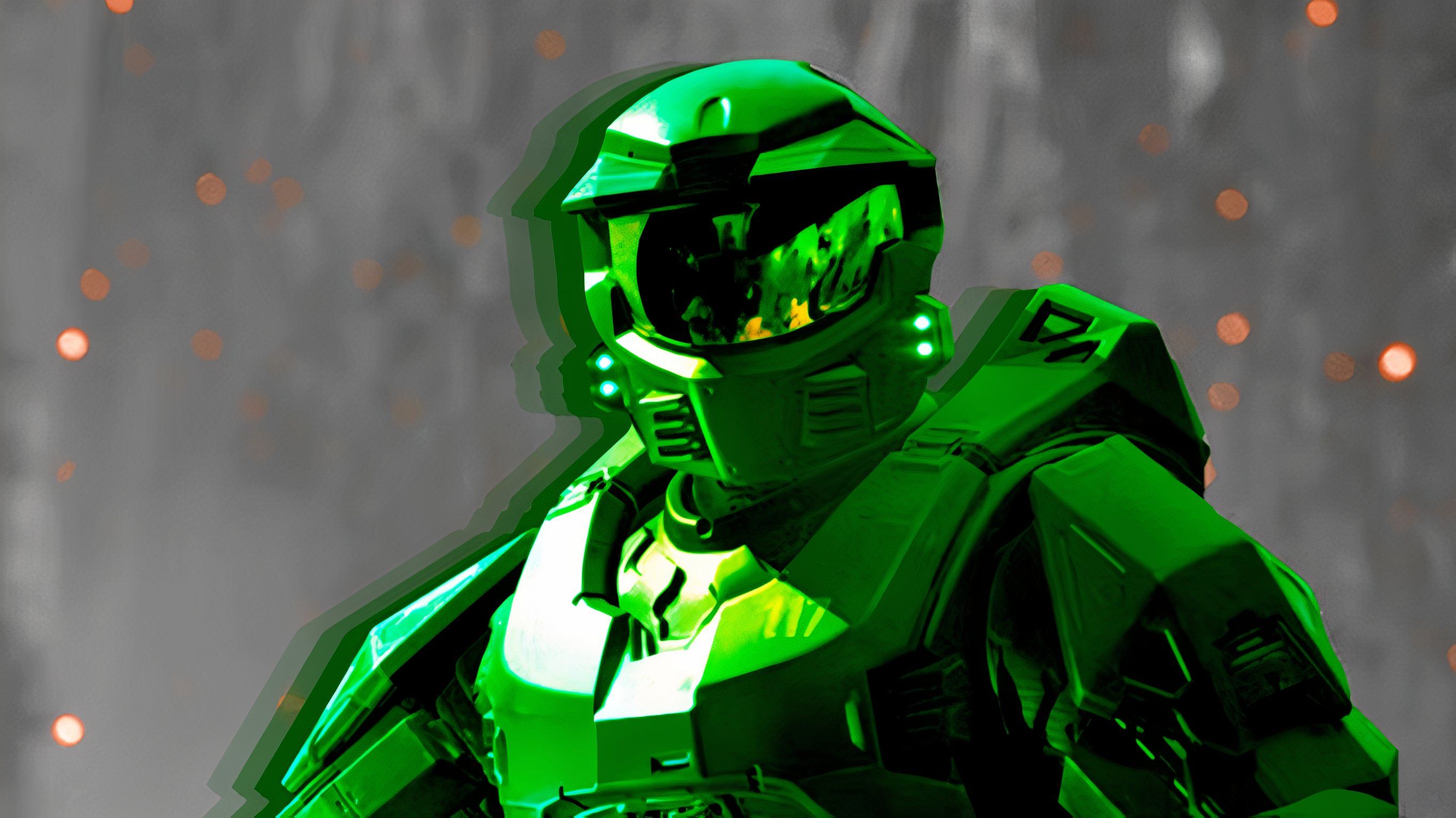Key Takeaways
- Nintendo prioritizes fun over tech advancements.
- Lack of accessibility is a significant shortfall.
- Consumers can drive change by supporting inclusive practices.
Between Xbox, PlayStation, and Nintendo, it is the latter that presents itself first and foremost about fun. Its primary franchises are almost universally appealing to all ages and feel scientifically designed to put a smile on your face. That doesn’t mean they or have deeper narratives, only that the philosophy behind every design choice appears to be “will this make the game more fun?”
Nintendo has seen great success making games this way, but is neglecting a huge playerbase that I would expect it of all companies to be catering toward.
The slogan for the Wii was “Wii would like to play” yet Nintendo refuses to budge on providing any form of accessibility options for people who cannot play in a traditional way. Aside from a few alternate controllers, you can only play a Nintendo game exactly in the way it wants you to play it. We’re lucky to even get an alternate control scheme, let alone more essential options for differently-abled players. This is the one area where PlayStation and Xbox have completely lapped Nintendo and it isn’t excusable anymore. Accessibility has become the standard and Nintendo needs to get with the times.
By accessibility options, I’m referring to any way to customize a game to suit your specific preferences or needs.
Nintendo Switch
- Screen
- 6.2-inch 1280 x 720 LCD
- Storage
- 64GB (expandable with microSD)
- Weight
- 398g
It’s not even out yet, but I already hate the $100 Nintendo alarm clock
I’m a sucker for Nintendo gear but this monstrosity has saved me from shelling out $100.
Nintendo is stuck in the past
In more ways than one
Nintendo has always been slow to adopt the more modern advancements in gaming. After the Game Cube, it stayed behind in SD while the competition upgraded to HD, and to this day has a clunky and unintuitive online system thanks to friend codes and requiring a mobile app to use voice chat. Most of Nintendo’s choices like this come down to a combination of, again, focusing on fun over tech as well as trying to protect itself and players from potential harm. While annoying and a problem that should have been solved long ago, it is at least understandable.
There are plenty of people for whom that kind of thing makes a game too uncomfortable or painful to play.
What isn’t something that can be overlooked or forgiven anymore is its refusal to provide accessibility options. I’m not even talking about features made for specific disabilities, but even basic quality-of-life options that all players come to expect. The fact that Tears of the Kingdom, perhaps Nintendo’s biggest project ever, only allows you to swap two actions on the controller is unacceptable. Remapping controls is one of the most basic options a game can have, but Nintendo, at best, only gives you slightly altered control schemes that it has deemed appropriate. For many players, that’s more of an annoyance than a deal-breaker, but there are plenty of people for whom that kind of thing makes a game too uncomfortable or painful to play.
The real problems are the deeper options that have become more standard over the past half-decade or so. Things like colorblind options, customizable subtitles, aim assist, FOV sliders, ways to alter or disable quick time events (QTEs), and dozens more have started popping up in more and more games of all sizes. Implementing even one of these features isn’t easy. Games need to be made from the beginning with accessibility in mind to do it properly. Nintendo may not have in-house experts to consult on these things, but it has no excuse not to either bring in consultants or build up its own internal team. It should feel embarrassed when indie games made by a single developer provide more accessibility options than one of the biggest gaming companies in the world.

I’m suspicious of the Halo Studios rebrand and you should be too
Becoming Halo Studios won’t fix the core issues at 343 and fans won’t be fooled.
Nintendo won’t change until it has to
If we want improvements we need to show it
For all the things we complain about regarding Nintendo, it doesn’t make a difference when the company is selling more hardware and software than ever before. This isn’t just a Nintendo thing, but something that applies to the entire industry. We can all say we hate a game, microtransactions, battle pass, or whatever, but if the company is making record profits, then why would it change? The only feedback that means anything to a company is your dollars.
I’m not calling for a boycott on Nintendo games or anything of the sort, but a more intentional mindset when choosing what you are supporting. Maybe don’t buy a brand-new game if it doesn’t have basic accessibility features. You can still get it, but even waiting a week or two can upset any sales projections and inspire a deeper look at why this game didn’t immediately sell millions of copies.
Knowing Nintendo, this will be a slow and painful process. It has never been one to make massive leaps in areas like this. However, I believe it is better to reward every small step in the right direction we get rather than condemn all the areas yet to be addressed. Positive reinforcement is more powerful than negative. But this is the internet, so I won’t fool myself into thinking that’s what the outcome will be.

Games are being announced earlier, and the reason why isn’t what you think
It’s frustrating when a game is announced without even a title, but there’s a good reason why.
Trending Products

Lenovo New 15.6″ Laptop, Intel Pentium 4-core Processor, 40GB Memory, 2TB PCIe SSD, 15.6″ FHD Anti-Glare Display, Ethernet Port, HDMI, USB-C, WiFi & Bluetooth, Webcam, Windows 11 Home

Thermaltake V250 Motherboard Sync ARGB ATX Mid-Tower Chassis with 3 120mm 5V Addressable RGB Fan + 1 Black 120mm Rear Fan Pre-Installed CA-1Q5-00M1WN-00

Sceptre Curved 24-inch Gaming Monitor 1080p R1500 98% sRGB HDMI x2 VGA Build-in Speakers, VESA Wall Mount Machine Black (C248W-1920RN Series)

HP 27h Full HD Monitor – Diagonal – IPS Panel & 75Hz Refresh Rate – Smooth Screen – 3-Sided Micro-Edge Bezel – 100mm Height/Tilt Adjust – Built-in Dual Speakers – for Hybrid Workers,Black

Wireless Keyboard and Mouse Combo – Full-Sized Ergonomic Keyboard with Wrist Rest, Phone Holder, Sleep Mode, Silent 2.4GHz Cordless Keyboard Mouse Combo for Computer, Laptop, PC, Mac, Windows -Trueque

ASUS 27 Inch Monitor – 1080P, IPS, Full HD, Frameless, 100Hz, 1ms, Adaptive-Sync, for Working and Gaming, Low Blue Light, Flicker Free, HDMI, VESA Mountable, Tilt – VA27EHF,Black









